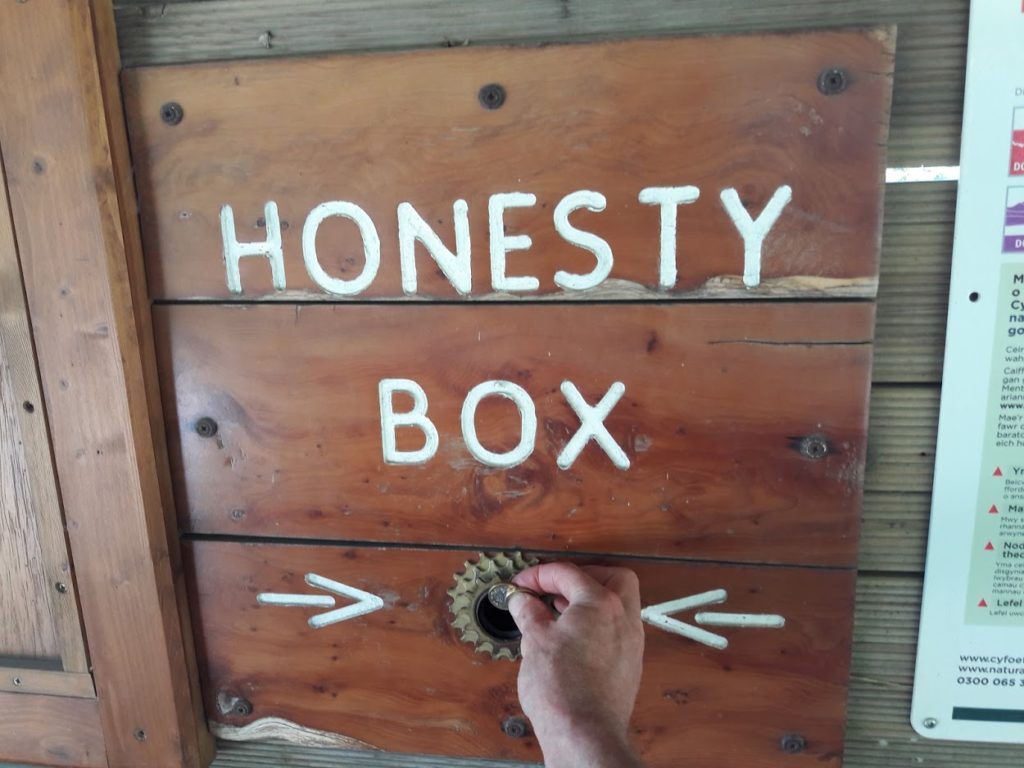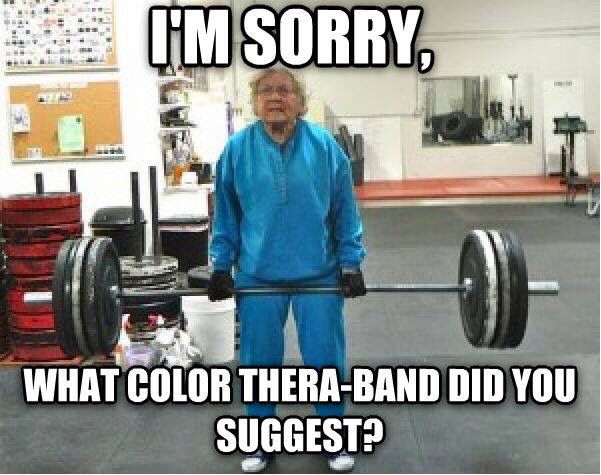Call me naive, but I entered Physiotherapy to help people get better. The main premise of every treatment is to get the person in front of me on a road to a better place physically and psychologically. I want to know how this patient can help progress themselves, give them ownership of their issues and give them the locus of control. They should not become reliant on me, and if possible, they shouldn’t really need to come back to see me. If they do, it is because they need their exercises progressing, (or indeed regressing), or because something else has happened. I don’t want people coming back time and again for “maintenance”.
Personally, I don’t need it as a runner or a cyclist- I manage to look after myself, and so do many others- why should some people need 20+ treatments over a short space of time?
This was put rather marvellously by one of my fellow runners (and occasional patient) who told me “Your business model is rubbish. I come to you with an issue. You tell me what to do. I do it- and then I’m back running again. Why would I need to come back?”. Which I kind of think is the point. We give you the ability to get back on your feet. Some people need more support, more help and more guidance, but ultimately, we, as therapists are not crutches to be relied on every week.
I thought.
Well, apparently this is not what happens in some areas of the industry. My attention was brought to it while listening to the podcast “The Words Matter ” on the “Remote MSK” episode. – note- this is not specifically a Physio based podcast- but is also hosted and aimed at many types of therapist including Osteopaths, Chiropracters etc. The host is talking with his guest about moving from a physical, face to face method of care to a phone or online based approach. The following comments about half way through the interview made my jaw drop:
(the context here is they are talking about not being able to provide specific manual therapy because they are not face to face, and so instead, the health professional has to adopt an approach which empowers the patient and enables them to take care of themselves. Something that I thought was pretty much a given in terms of how we should operate….)
Time:- 31:58
Question: “What are the drawbacks to adopting a much more empowerment/education/communication based approach to clinical practice?”
Answer: The Challenge in empowering the patient is because it means they don’t rely on us anymore and that, for us as people in Private Practice, it presents an economic problem.
Rebooking- getting follow up appointments and filling the diary is something we are taught in school, and something we have to do to maintain business. So when we suddenly turn around and tell the patient- look, if might feel severe right now, but it is nothing dangerous and it is likely to go away by itself, then that patient won’t book in for another 6 or 10 appointments after that.
They might only come back 2-3 times and that will be the end of that for you as a therapist, potentially- if we stop there. ”
That exchange pretty much stopped me in my tracks. Seeing a patient not rebooking as an economic problem? What?!
A patient not rebooking because they have been empowered to help themselves and are out there doing what they want to do, being strong and resilient is a massive win in my book! Patients come to us for help- not for us to make them reliant on us.
So what else was there?
“Educational institutions need to provide students with ideas of evidence based long and medium based management plan- something that we kind of brush over and don’t really consider.
What else can I consider if my reassurance and expertise has been effective? Where might they need me as a clinician 6-12 months down the line?”
Now this bit- again, I thought was a complete given. We are here as supporters to get people on the road to recovery. They should feel in control of their rehab, know where they are, how to progress it, and what markers to be looking for:-
“Recognise that your job is to put them in a position where they can help themselves- already, at the beginning of the first appointment, thinking about where do I want this person to be in 6 months rather than going from appointment to appointment, rebooking constantly- this only works if at the end of the appointment if there is a little something that I need to fix again and again and again.
Start from a position of “this person, with the right support can recover and help themself”. Rather than the current starting position for many which is “this person is dysfunctional and disabled and needs me to fix them”.
So this is apparently a paradigm shift?! Goodness- it is a real eye-opener for me. But I suppose I should be entirely unsurprised at the next section:
“Many businesses in manual therapy have a business model for students to learn- it holds the underlying premise that the body and spine is dysfunctional or out of place and needs manipulation to keep it “correct”
If this is your starting point- then it makes perfect sense to have 20+ sessions- “I must relocate and re-adjust”.
This is a prevalent belief in a lot of people in this business, despite an awful lot of science being completely counter to it. Indeed, the hosts went on to say:
“Those beliefs are contradictory to the belief (also held by the same people) that the body is powerful and can help itself quite effectively. It doesn’t actually need me to intervene every week.”
I came away from the podcast a little flabbergasted, but ultimately not surprised. My thoughts continue to be the same though. My aim in physiotherapy is to be individual and evidence based. It is to empower you as a patient to get better and back to your normal. This not only needs awareness and clinical expertise from my end, it also needs a lot of effort from the patient as well in order to make it work.
There is very very seldom a single thing a clinician does to or for a patient to magically make things better. It is uncool not to be the one who says “yes! I’m the one who can fix you” – sound bites like this look great on websites and on Twitter feeds, and make for good stories- but in reality, there is no magic wand, there is no silver bullet. It takes intelligence, graded exposure, an understanding of what might be happening physically and psychologically and a whole lot of work from you as well as me.




